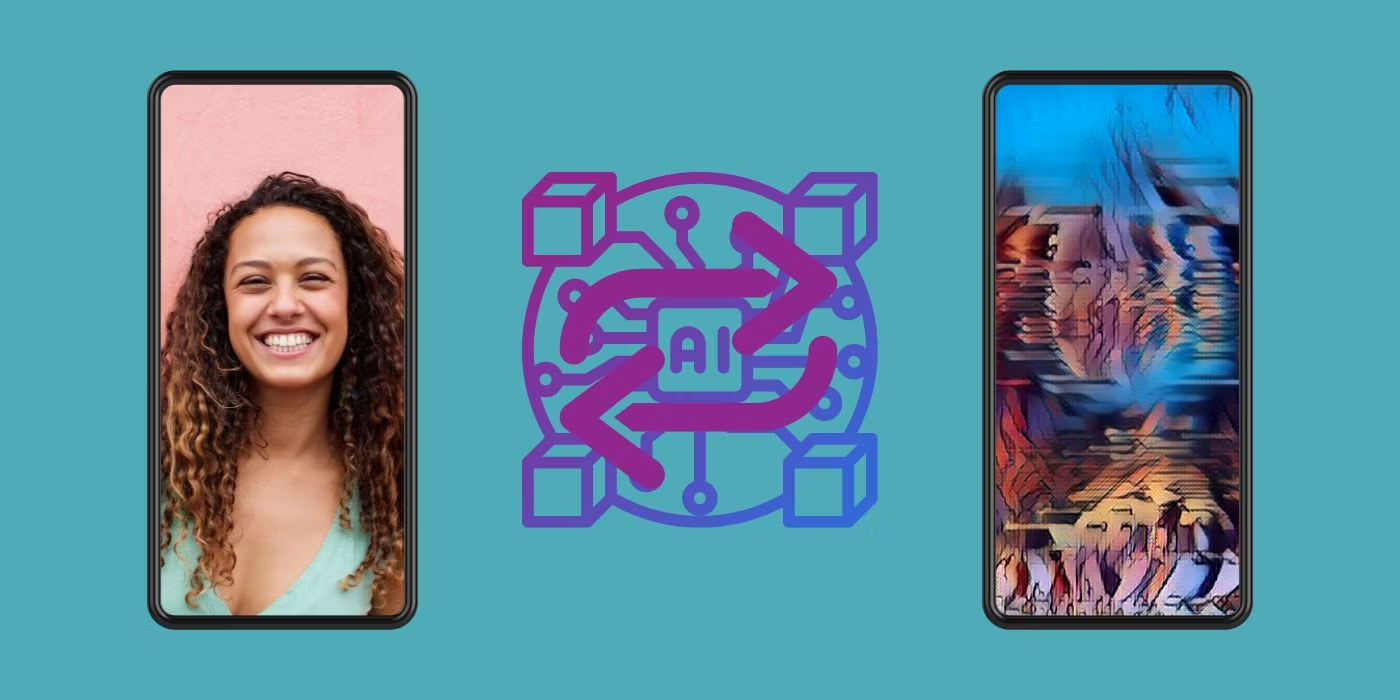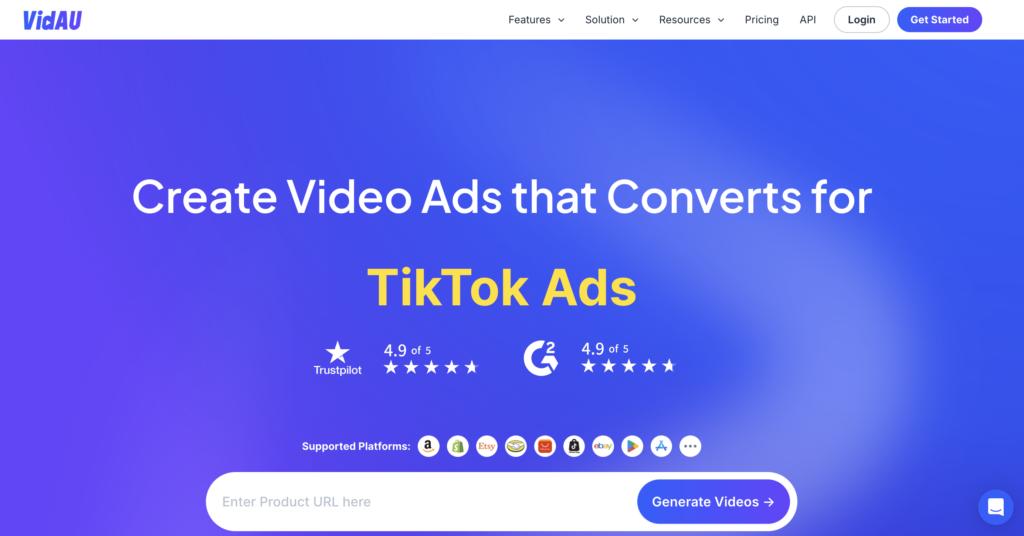TikTok is developing an AI virtual KOL feature
TikTok has always billed itself as a platform for creators to stand out and build a fan base. But now, the company is starting to talk to advertisers about an AI-powered feature that creates avatars to star in videos – virtual KOLs that could compete with human creators for ad deals.

The feature is still in development, and details are subject to change. According to an advertiser who has seen the plans for the tool, it will generate a video ad script based on prompts submitted by advertisers, as well as create an AI influencer to perform the video content. TikTok Shop merchants are also said to be able to use this AI influencer tool to promote their goods.
A spokesperson for TikTok said that the company has been testing various marketing solutions, but would not elaborate.
The concept shows how companies like TikTok are looking to integrate generative AI into their businesses. While the promise of AI technology has driven the stock market to record highs, many companies are wary of investing in AI tools, in part because they are skeptical that it will actually add value to their businesses. Tools that encourage customers to buy ads may make expensive investments in AI services worthwhile.
TikTok is making it as easy as possible for brands and advertisers to be willing to invest money in the platform, says Brendan Gahan, CEO of Creator Authority.
Competitors like Facebook parent Meta Platforms already have hundreds of employees working on large-scale language models, as well as apps like chatbots and image-generation tools.Meta also uses AI ad tools to generate image backgrounds, scale images to fit different aspect ratios, and generate different versions of ad text based on advertisers’ original copy.
ByteDance launched an AI chatbot app, Beanbag, last year based on its homegrown LLMs. But its leadership wants the company to do more. Since OpenAI launched its Sora video generator in February, ByteDance has been trying to hire more AI video-generation researchers in hopes of speeding up efforts to develop its own text-to-video tool, said one ByteDance engineer based in China. Inside ByteDance, some employees are working on Sora.
ByteDance CEO Rupo Liang told employees at an all-hands meeting in January that the company wasn’t paying enough attention to technologies like OpenAI’s GPT chatbot. Last year, ByteDance moved Wenjia Zhu, who was in charge of TikTok’s product and engineering at the time, to a new position in charge of ByteDance’s AI development, including LLMs, The Information reported.
TikTok already offers some AI tools to help advertisers create ads. Its Creative Assistant product acts like a chatbot, allowing advertisers to ask questions about TikTok’s advertising best practices, brainstorm ideas, and even write ad scripts, the company said.
TikTok has been testing the AI avatar advertising feature for months, according to insiders. But employees say the feature is far from being released. Tests so far have shown that the videos generate far fewer e-commerce transactions than videos created by human KOLs.
TikTok employees are positioning virtual KOLs as a complement to human creators, not a replacement. The app needs to tread carefully to avoid angering its large number of TikTokers, who have been instrumental in engaging the app’s 170 million U.S. users and are now playing a key role in TikTok’s expansion into e-commerce.
Technology already exists to create virtual alter egos of people from startups like Synthesia and Render Media, and creators are starting to test it to generate more content. It’s unclear if TikTok plans to make virtual influencer technology available to creators as well.
ByteDance is trying to boost sales for TikTok, which investors estimate generated about $20 billion in revenue last year while losing billions of dollars.
However, many TikTok creators overseas rely heavily on collaborations with certain regular brands to make money, especially after TikTok canceled its $1 billion creator stipend, with some users saying they weren’t getting paid much in the first place.
Foreign media have suggested that the platform will have to figure out how to roll out the feature in the future without angering its user base, especially since TikTok is in a delicate position in the U.S. after they also asked users to call Congress to lift the TikTok ban.





